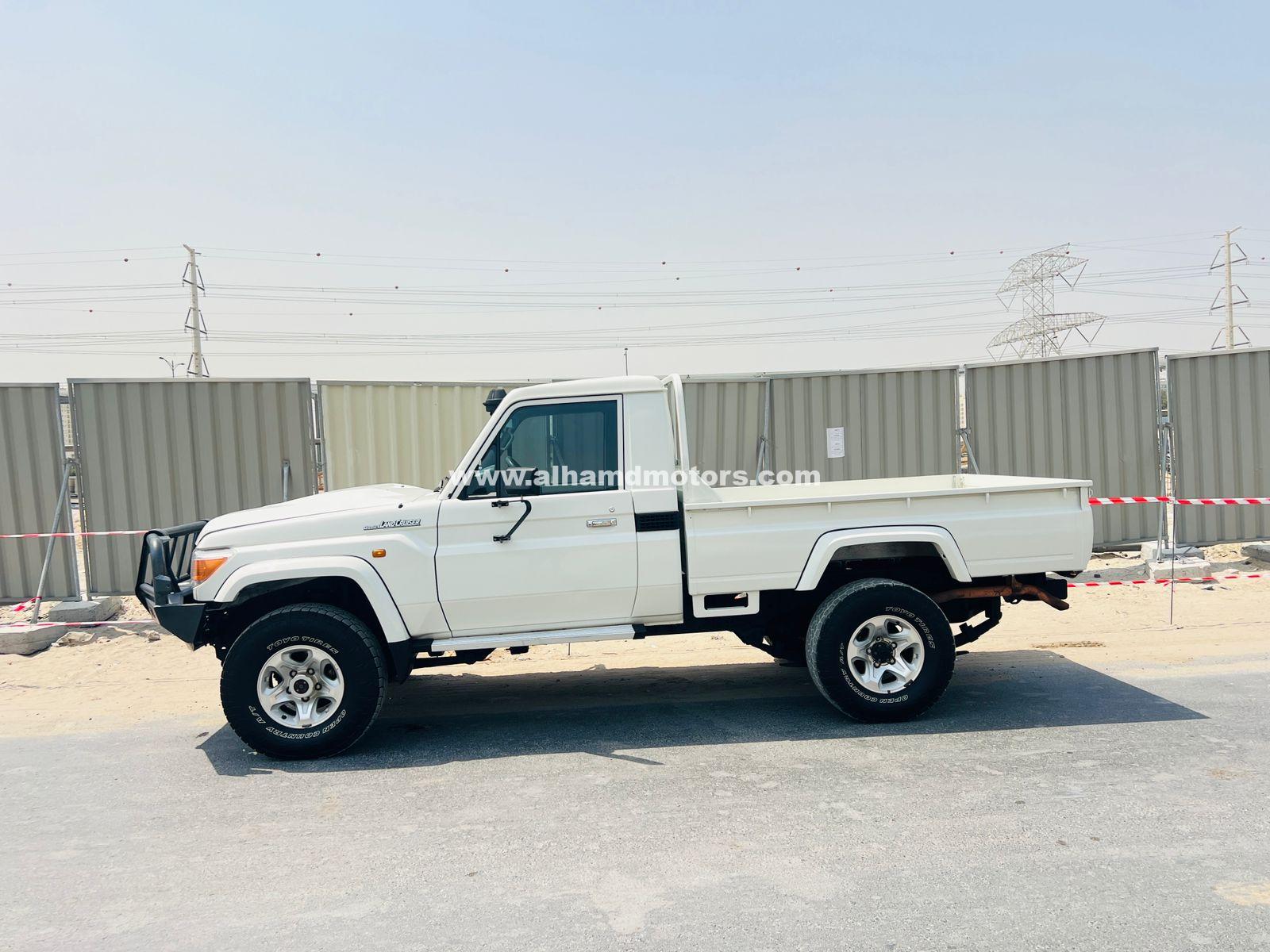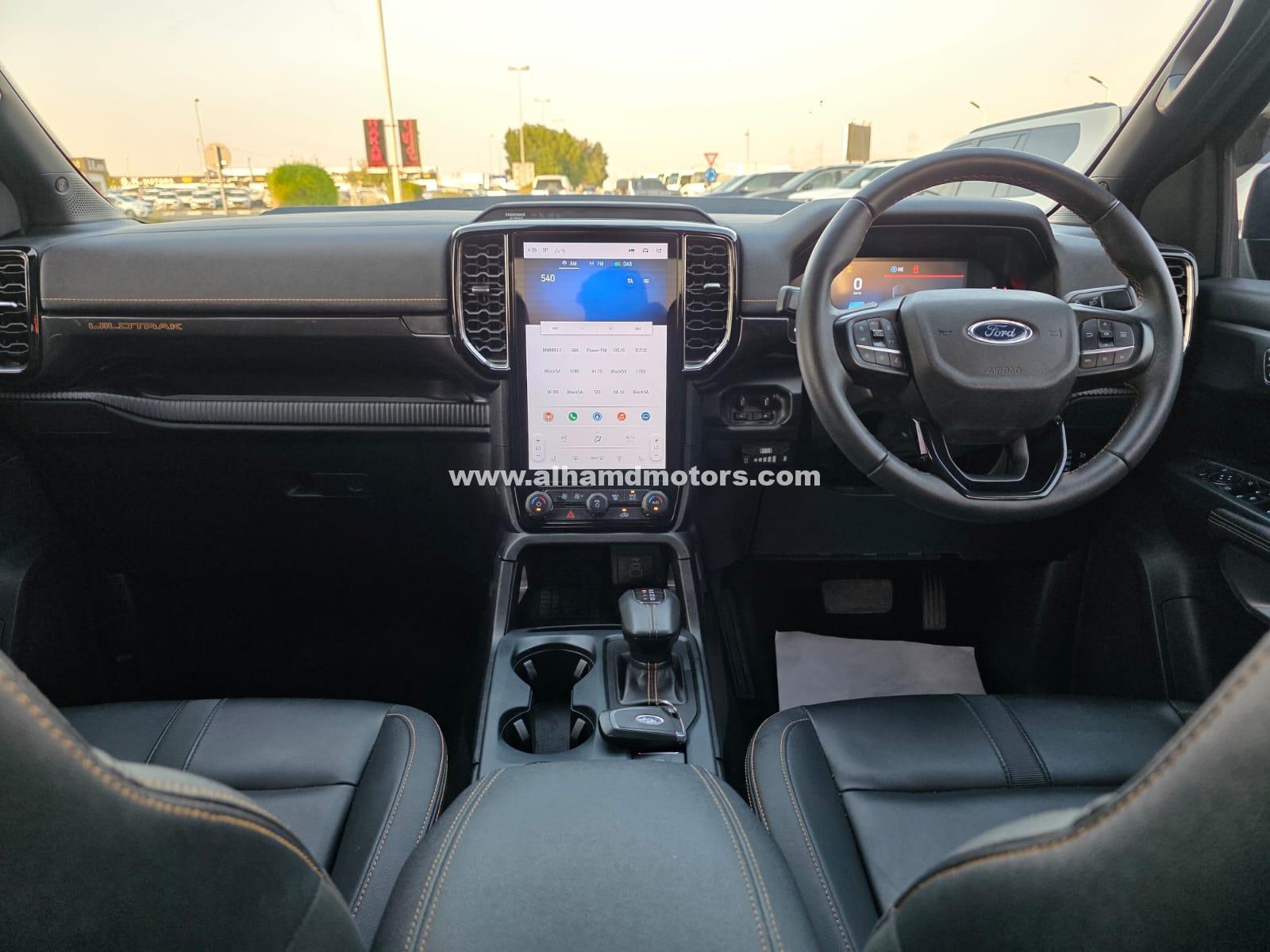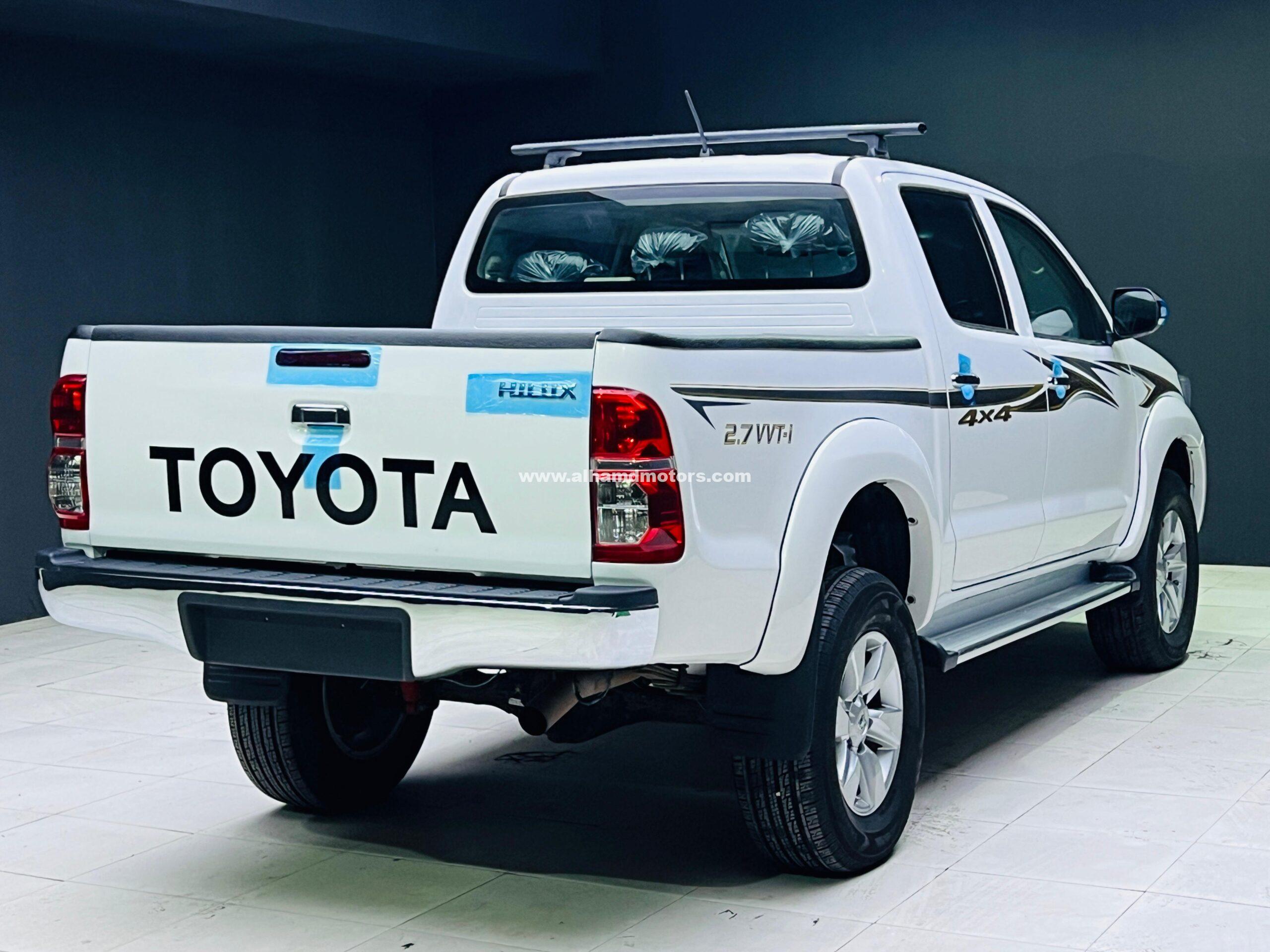
Importing cars from Dubai has become one of the most popular choices for African buyers. Dubai’s automobile market offers everything from budget-friendly sedans to high-end SUVs, and buyers benefit from competitive prices, a wide selection, and reliable vehicle conditions. However, while the advantages are undeniable, many African buyers make costly mistakes during the import process.
In this blog, we’ll highlight the top mistakes African buyers make when importing cars from Dubai and provide practical tips on how to avoid them. Whether you’re an individual buyer or a dealer, this guide will help you save time, money, and stress.
1. Not Researching the Car’s History
One of the biggest mistakes buyers make is failing to check the full history of the vehicle. Dubai has a transparent system for vehicle registration and maintenance, but many African buyers skip this critical step.
Why it’s a problem:
- You may end up purchasing an accident-damaged or flood-damaged car.
- Some cars might have been used as taxis, which impacts their long-term performance.
- Odometer tampering, though less common in Dubai, can still happen.
How to avoid it:
- Always request a complete vehicle history report before making payment.
- Work with a trusted dealer who provides verified car records.
- Avoid rushing into deals that look “too good to be true.”
2. Ignoring Import Regulations in Their Country
Each African country has unique import rules regarding vehicle age, emissions, and taxes. A car that is acceptable in Dubai may not meet the requirements in your home country.
Why it’s a problem:
- Cars older than the permitted age may be denied entry.
- Failure to comply with emission standards may result in rejection or fines.
- You could end up paying unexpected taxes and penalties.
How to avoid it:
- Research your country’s import regulations before buying.
- Confirm vehicle eligibility (age, emission standards, steering type).
- Choose models that are already popular in your country to avoid restrictions.
3. Underestimating Total Costs
Many buyers only consider the purchase price and forget about other expenses like shipping, customs duties, and clearance fees.
Why it’s a problem:
- The car might appear cheap initially but become expensive after all fees.
- Some buyers run out of budget midway and face delays in clearing their cars.
How to avoid it:
- Always calculate the landed cost (purchase price + shipping + customs + registration).
- Ask for a cost breakdown before making any commitments.
- Plan for hidden expenses like port storage or inspection charges.
4. Choosing the Wrong Shipping Method
Shipping is a critical part of importing cars, and buyers often make the wrong choice between container shipping and RoRo (Roll-on/Roll-off).
Why it’s a problem:
- RoRo is cheaper but less secure if your car is valuable.
- Container shipping is safer but more expensive, which some buyers ignore.
- Selecting the wrong method may lead to damage or loss during transit.
How to avoid it:
- For standard cars, RoRo is usually sufficient and cost-effective.
- For luxury or fragile cars, container shipping is safer.
- Always insure your vehicle before shipping.
5. Falling for Scams and Fake Dealers
With the growing demand for Dubai cars in Africa, scams are also increasing. Fake websites and unverified dealers target buyers with attractive deals.
Why it’s a problem:
- Buyers lose their money with no car delivered.
- Scammers often use fake documents and vanish after receiving payment.
How to avoid it:
- Work only with trusted and established dealers in Dubai.
- Verify the dealer’s trade license and physical presence.
- Avoid sending money to personal accounts.
6. Not Inspecting the Car Before Purchase
Some buyers purchase cars based on pictures alone, without proper inspection. While photos can be helpful, they don’t always reveal mechanical or hidden issues.
Why it’s a problem:
- Small issues in Dubai may become big problems in Africa due to limited spare parts.
- Buyers may pay extra for repairs after delivery.
How to avoid it:
- Request a professional inspection report before purchase.
- If possible, use a trusted agent or dealer to inspect on your behalf.
- Ask for detailed photos and videos of the car.
7. Overlooking Spare Parts Availability
A car may look appealing in Dubai, but if spare parts are rare in your country, maintenance will become a nightmare.
Why it’s a problem:
- Repair costs may be higher than expected.
- Vehicles stay parked for months waiting for parts to arrive.
How to avoid it:
- Choose car brands and models that are already common in your country.
- Confirm spare parts availability before making the purchase.
- Focus on Toyota, Nissan, and other widely supported brands in Africa.
8. Rushing the Buying Process
Excitement often leads buyers to rush into deals without proper due diligence.
Why it’s a problem:
- Incomplete paperwork can delay clearance at African ports.
- Buyers may agree to unfavorable terms without realizing it.
How to avoid it:
- Take your time to review contracts and documents.
- Ensure all papers (invoice, bill of lading, export certificate) are complete.
- Avoid pressure tactics from sellers offering “limited-time” deals.
9. Forgetting About Insurance
Many buyers don’t consider insurance when importing cars, either during shipping or after arrival.
Why it’s a problem:
- Damage or loss during transit can lead to a total financial loss.
- Lack of insurance after arrival puts your investment at risk.
How to avoid it:
- Always insure your car during shipping.
- Arrange local insurance immediately after clearing your vehicle.
10. Not Working with a Trusted Partner
Perhaps the most critical mistake is trying to handle everything alone without a reliable partner in Dubai.
Why it’s a problem:
- Buyers get overwhelmed by the complex process.
- Miscommunication leads to delays, higher costs, or wrong car choices.
How to avoid it:
- Work with an experienced Dubai-based dealer who specializes in African exports.
- Choose partners who guide you through every step — from selecting cars to shipping and clearance.
Final Thoughts
Importing cars from Dubai can be highly rewarding for African buyers, but only if the process is handled correctly. By avoiding these common mistakes — from ignoring import rules to underestimating costs and falling for scams — you can ensure a smooth, cost-effective, and reliable experience.
At Al Hamd Motors, we understand the challenges African buyers face and provide full assistance to make car imports from Dubai safe, transparent, and profitable. With the right guidance, you can enjoy the benefits of Dubai’s vast automobile market without the risks.



